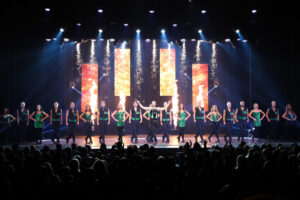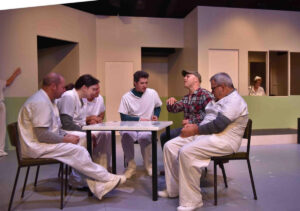State school integrating Christianity into school culture, says students
Some students at Hamilton Boys’ High School are uncomfortable with Christian prayer and hymns in their assemblies.
Students at Hamilton Boys’ High School say the presence of Christian prayer and hymns in assemblies is making some students uncomfortable, and students are unable to opt out.
One current student, who asked to remain anonymous, said the school chooses songs such as ‘Guide me O, Thou Great Redeemer’ and ‘Whakaaria Mai,’ and incorporates a Christian prayer into assemblies.
The student said the hymns often made students of other faiths feel uncomfortable, and they were made to take part or face consequences by staff.
“I respect other faiths and don’t mind them singing their songs; however, students are sometimes forced to sing along.
“There’s been times a student would be called out for not singing, or given consequences.”
Recent ex-student Barry Mylchreest backs this up, saying the school expected students to take part in the singing.
“School songs were compulsory, and we all had to take part and sing as one. If they felt like it wasn’t up to standards, we would do it again.
“There have been times where students haven’t sung, and they have been taken to the deans and given detentions.”

Headmaster Susan Hassall said students were given the option to opt out of singing the hymns or observing the prayer.
“If students do not wish to bow their heads during the prayer, they are able to stand respectfully.
“They do not have to sing if they wish to stand, while others do. This is true for those of all faiths.”
Hassall said the school did have a Christian prayer, but said it was more about inspiring students to become better people.
Education Ministry deputy secretary education system policy Andrea Schollmann says students have the right to opt out of religious practice such as prayers and hymns.
“Religious education, when children are taught about different cultures, customs and religions in a neutral way, is part of the New Zealand Curriculum.
“Religious instruction and religious observances, for example hymns and prayers, are not.“
Schollmann said it was essential for schools to allow students to practise their own religions and not make them take part in religious activities.
“Religious instruction and observances need to be delivered in a way that does not discriminate against anyone who holds different beliefs.”
The current student said the prayer made some students deeply uncomfortable and seemed out of place in a public school.
“Singing these school songs can get really uncomfortable.
“I feel like other religions are left in the dark, especially because it is a public school.”




